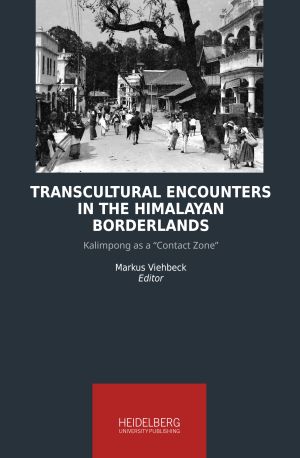Zitationsvorschlag
Lizenz (Kapitel)

Dieses Werk steht unter der Lizenz Creative Commons Namensnennung - Weitergabe unter gleichen Bedingungen 4.0 International.
Identifier (Buch)
Veröffentlicht
Our Miniature Heaven: Forming Identities at Dr Graham’s Homes
Abstract In 1908 Katherine Graham, wife of the Reverend Dr John Anderson Graham, wrote to her own children about the recent arrival of three girls who spoke Khasi with only a few words of English and Bengali, describing them as “quite different to the people here,” but “an interesting addition” to the St Andrew’s Colonial Homes at Kalimpong. “There is a great conglomeration of races and languages in the lace hostel at present,” she noted. “A friend here calls it our miniature heaven.”1 Heaven or hell are, of course, relative terms. This discussion will consider the foundational and complex role of Dr Graham as a cultural and political broker and intermediary, who at the same time both reinforced and unsettled British ideas of race, education, morality and colonialism. Pratt’s notion of contact zones, around which this volume coalesces (Pratt 1992), might lead us to inquire not simply into the literal and symbolic spaces between vastly different cultures and belief systems, but also between competing and transforming senses of what it meant to be British, Christian, white and modern.






